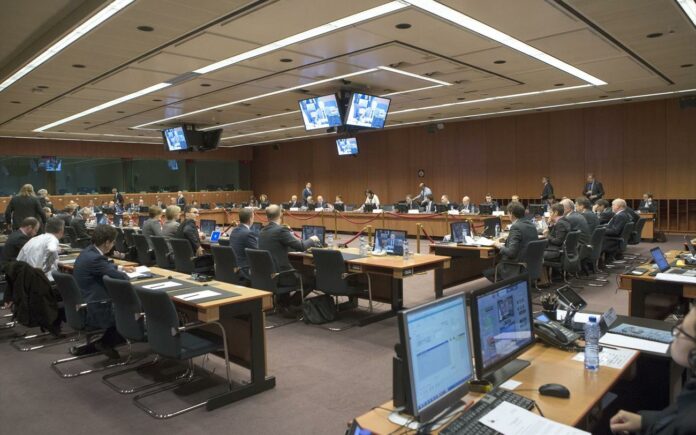By N. Bellos
The course of the delayed second review of the Greek program (third bailout) as expected dominated Thursday’s scheduled session of the EuroWorking Group meeting in Brussels, which was viewed as a necessary preparatory process for the Jan. 26 Eurogroup meeting.
According to reports, Thursday’s session was held in a positive mood, as opposed from last month’s session, which was held under the then specter of the leftist Greek government’s abrupt announcement of a one-off “holiday bonus” for roughly 1.6 million pensioners in the country.
Meanwhile, on the sidelines of the EWG session, EU Commissioner for Economic and Financial Affairs Pierre Moscovici said the IMF’s participation in the Greek program is reassuring for several Euro-zone members.
He spoke after a meeting with Greek FinMin Euclid Tsakalotos in Brussels.
Moscovici also again listed the now well-known “open issues” hampering the second review of the Greek program (third bailout): energy sector liberalization, Athens’ insistence on restoring mandatory collective bargaining negotiations between unions and employers’ groups, labor sector liberalization and covering what creditors’ believe will be a fiscal gap in future annual Greek state budgets.
Nevertheless, Moscovici said developments are moving in the right direction to conclude the now delayed second review.
Tsakalotos merely reiterated that the IMF must decide on its future participation in the Greek program, whereas the number of issues that await resolution is a natural occurrence when so many sides are involved.
On his part, IMF spokesman Gerry Rice told reporters from Washington that the Fund is still open to the prospect of participating in the Greek program. He added that there is no clear timetable regarding the resumption of talks between Greece and its creditors.
Additionally, he again cited the IMF’s standing position that a 1.5-percent primary budget surplus target for Greece, as a percentage of annual GDP, is a more realistic fiscal target for the country. A lower target, he reminded, means that Athens will not need additional measures.
In his first press briefing of 2017, Rice did not provide a timetable for a release of an IMF study on the Greek debt’s sustainability, although he said the Fund will make the report public over the next few days. Moreover, he added that Athens was not facing any pressing funding needs at present.














